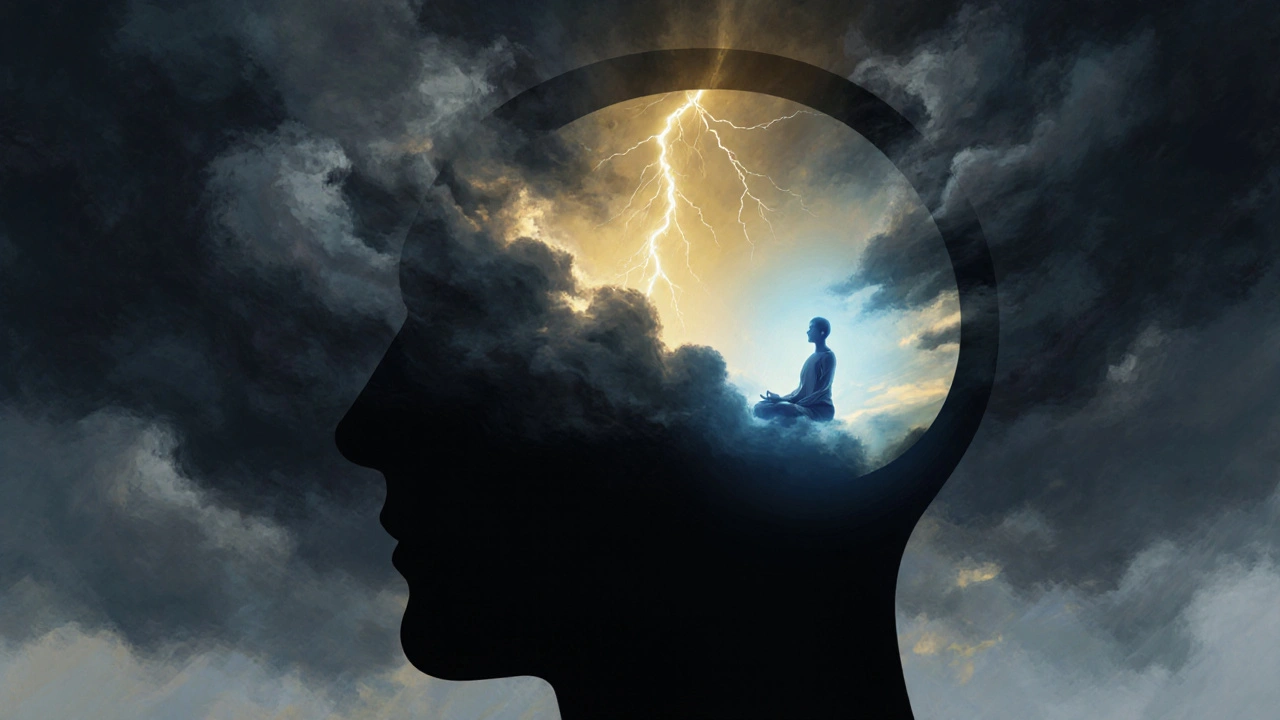Major Depressive Disorder Treatment: What Works and Why It Matters
When talking about major depressive disorder treatment, the range of medical, therapeutic, and lifestyle approaches used to relieve depressive symptoms and restore function. Also known as MDD therapy, it aims to reduce low mood, loss of interest, and related impairments. Understanding this landscape helps you pick the right mix of tools, whether you’re just starting a plan or looking for alternatives after a setback.
One core pillar is antidepressant medication, drugs that adjust brain chemicals to lift mood and improve sleep, appetite, and energy. Also called antidepressants, these medicines come in many classes—SSRIs, SNRIs, tricyclics, and atypicals—each with its own onset speed, side‑effect profile, and dosing nuances. Choosing the right pill often depends on symptom pattern, medical history, and how quickly relief is needed.
Another essential component is psychotherapy, talk‑based therapies that teach coping skills, reshape negative thoughts, and build resilience. Known as talk therapy, approaches like cognitive‑behavioral therapy (CBT), interpersonal therapy (IPT), and acceptance‑commitment therapy (ACT) can work alone or alongside meds. Evidence shows that combining medication with psychotherapy often yields faster and more lasting remission.
Key Treatment Modalities
electroconvulsive therapy, a medical procedure that uses controlled electrical currents to trigger brief seizures, rapidly reducing severe depression. Also referred to as ECT, it’s typically reserved for patients who haven’t responded to meds or who need swift relief due to suicidal risk or psychotic features. Modern ECT uses anesthesia and muscle relaxants, minimizing discomfort while delivering high efficacy. While it sounds intense, many patients experience significant mood lift after a short series of sessions.
Beyond these three, lifestyle tweaks—regular exercise, balanced nutrition, sleep hygiene, and stress‑reduction techniques—can boost any treatment plan. For example, moderate aerobic activity raises endorphins and may enhance the impact of antidepressants. Likewise, omega‑3‑rich foods and consistent sleep patterns support brain health and reduce relapse risk.
The major depressive disorder treatment arena is constantly evolving. Researchers are testing rapid‑acting agents like ketamine, investigating inflammatory markers, and developing digital therapeutics that deliver CBT through apps. Staying informed means you can ask your clinician about emerging options that might fit your situation.
Below you’ll find a curated collection of articles that break down each of these approaches in detail—how they work, what to expect, and practical tips for getting the best results. Dive in to discover which strategy—or combination—matches your needs and how to navigate the next steps with confidence.

How Mindfulness Helps Manage Major Depressive Disorder
Discover how mindfulness reshapes the brain, reduces depressive rumination, and complements medication or CBT for Major Depressive Disorder. Learn evidence‑based practices and when to seek professional help.
